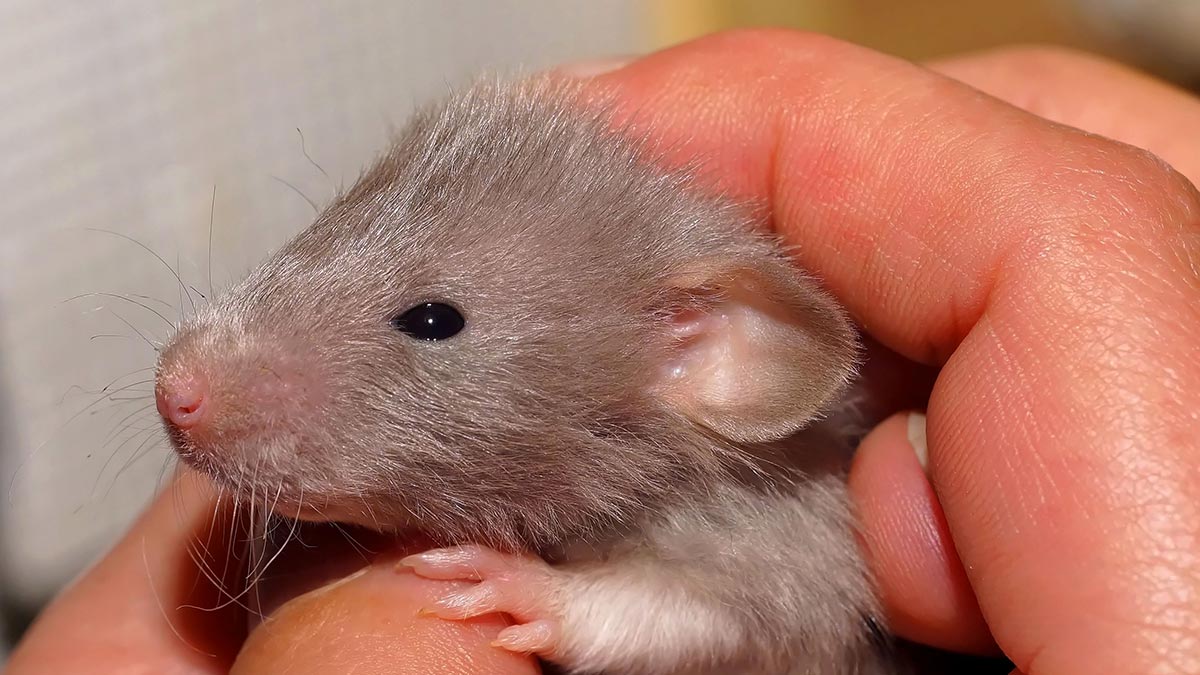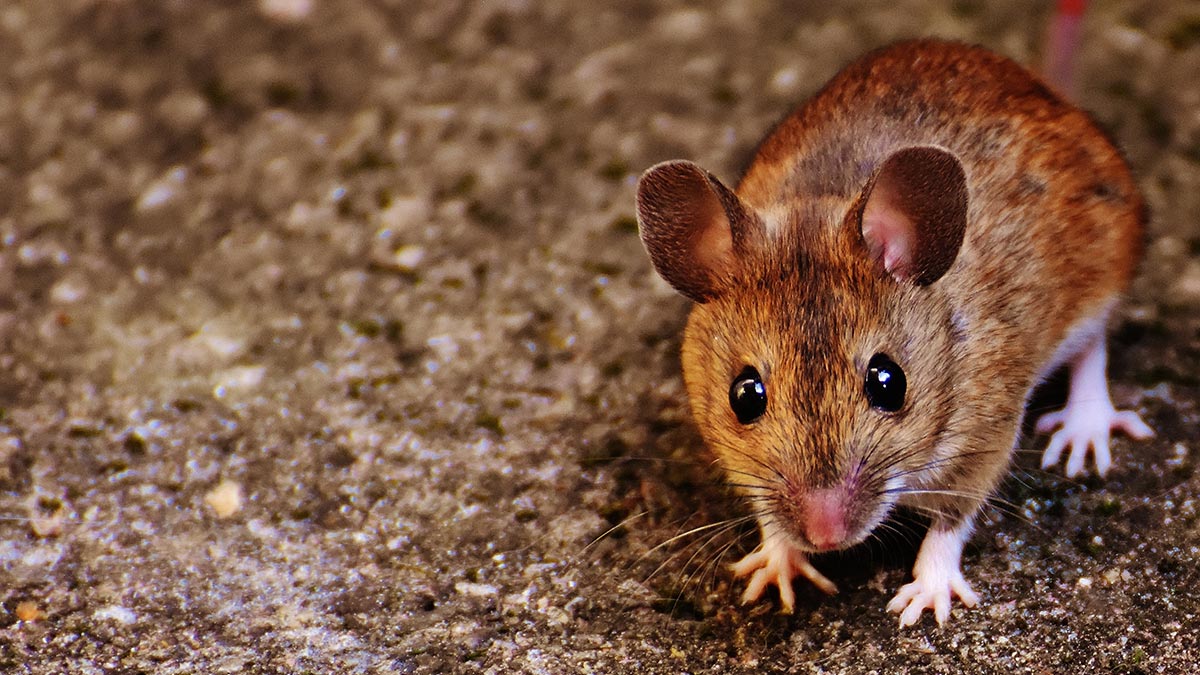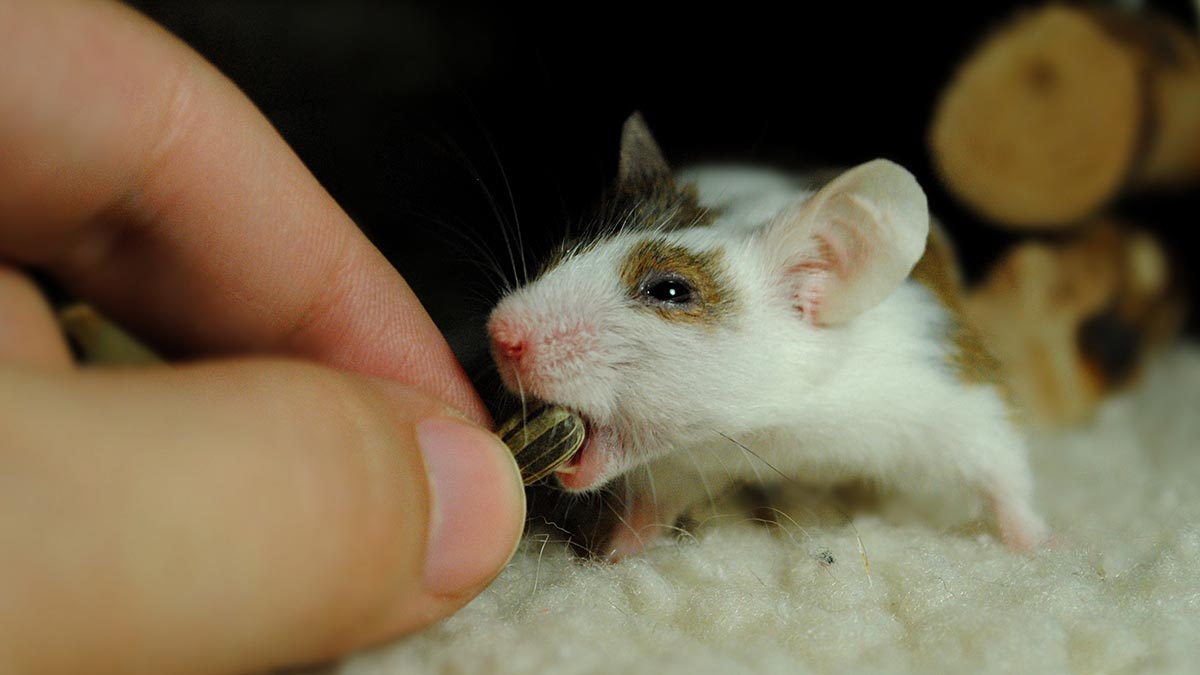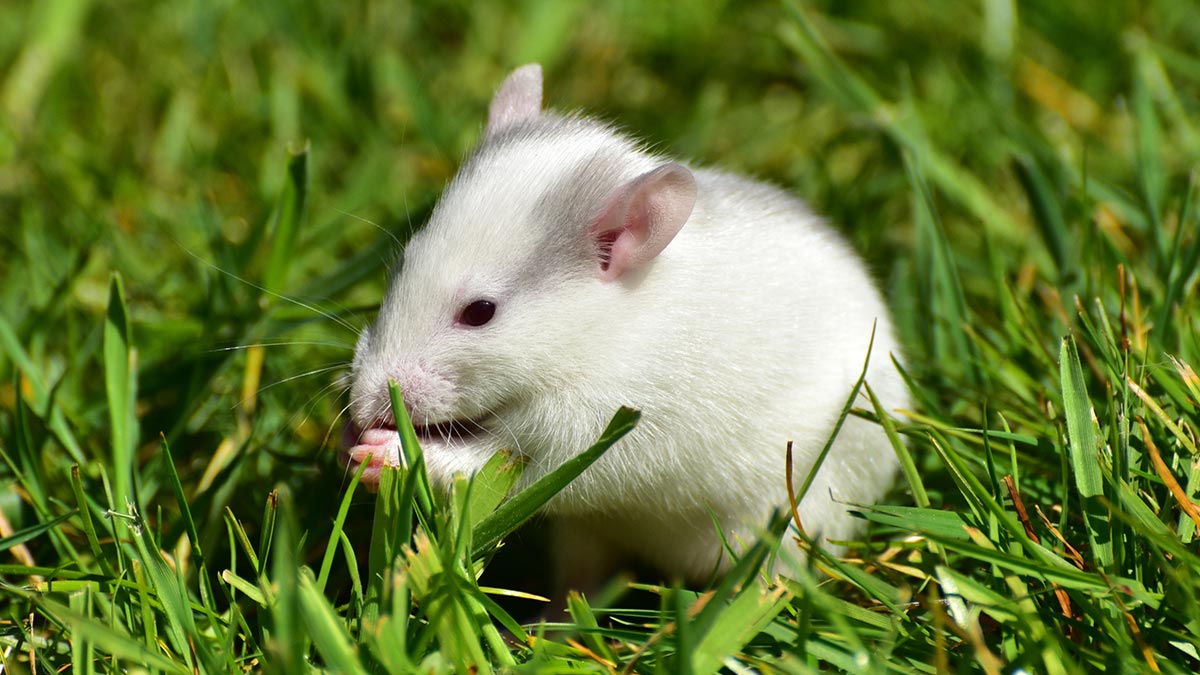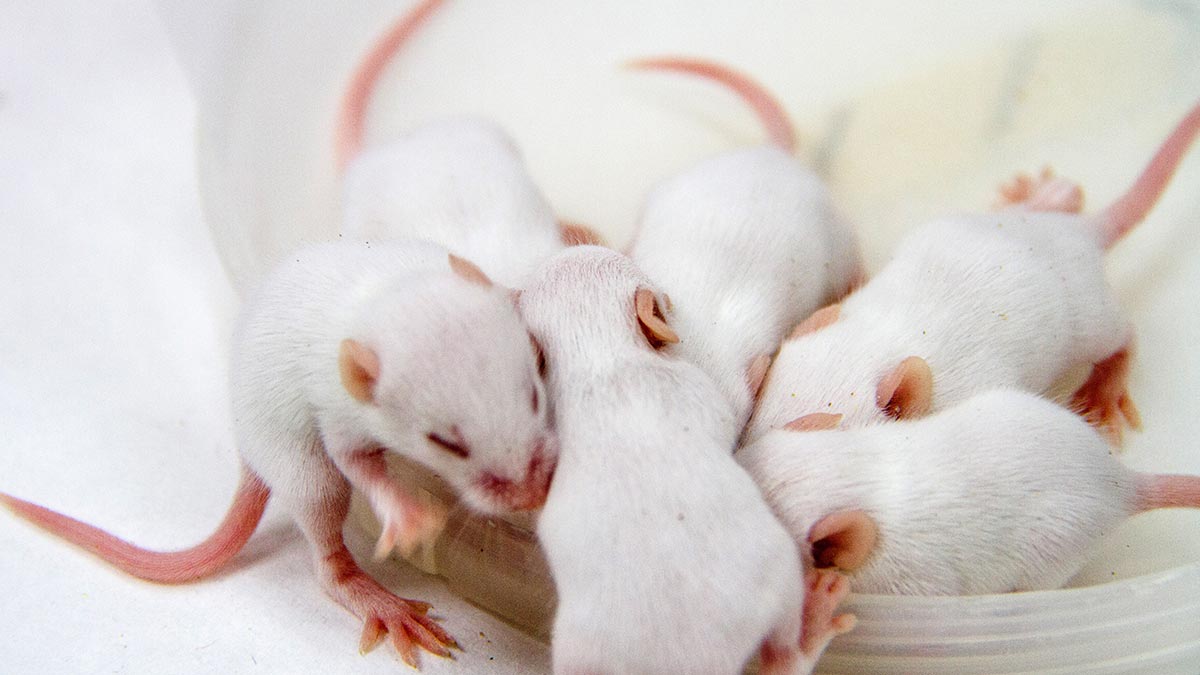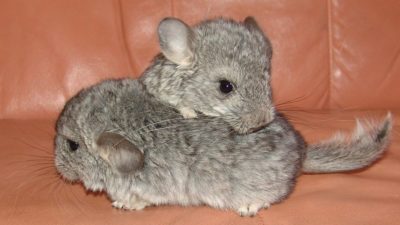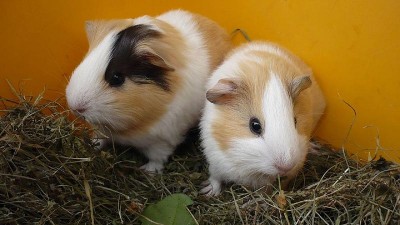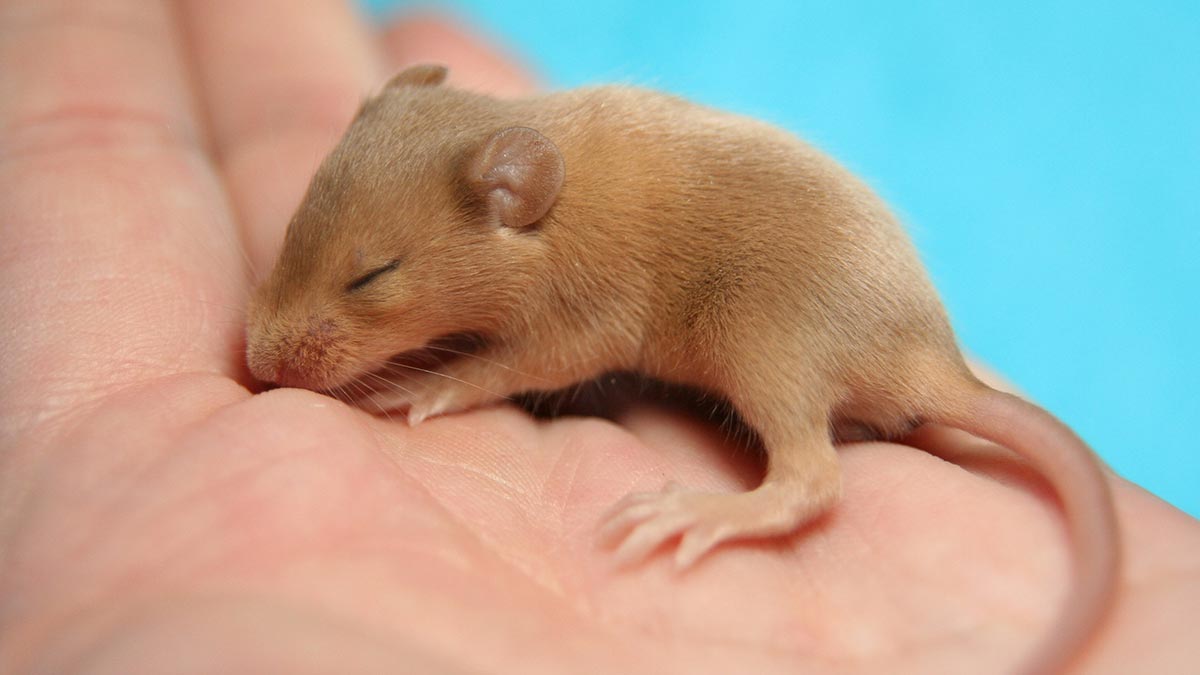
They are born blind and deaf. They have bare skin the first few days after birth, and their skin is usually red.
Photo Gallery
We call a baby mouse a “pinkie”. Can you see why? They are born blind and deaf. They have bare skin the first few days after birth, and their skin is usually red. You can’t even see ears on newborn mice, they aren’t noticeable for three or four days!
It won’t take long for newborn mice to start looking like their parents. Depending on the color of skin that the older one has, the pigmentation on some of the young mice can be observed three days after birth.
Did you know that mice can be found on every continent? (Well, except Antarctica!) Mice are rodents, with a number of subspecies. They can be found in residential areas, forests, and fields.
Characteristics of mice are their pointed snout, small rounded ears, and nearly naked tail. After the first week of their lives, young mice begin to have more thickened skin, and their fur starts to cover their body. After the tenth day, the growth of their fur is complete. After ten days they open their eyes, ready to eat!
In the first three weeks they are fed by their mother, who cares for them. Once their teeth are fully developed, they began to consume all other foods. Mice eat various small fruits, grains, insects, caterpillars, and grasshoppers. Mice that live in urban areas eat almost anything we leave out!
Mouse Care
A house mouse can be a very entertaining and lovely pet to keep in your home! They’ve been kept as pets for centuries and are considered easy to care for. Expect your new furry friend to live for about 2-3 years on average.
Ensure you get a good sized cage for your mouse around 10 gallons and toys and treats. Mice are active animals and can be very curious. They like to explore their environment! Treat them with care as they are pretty fragile animals. Expect to pay about $30-40 for a cage and about $50 per year for food. Their bedding material is the most expensive and runs about $200 annually.
Unlike some other pets – they like to have friends! Females do well with other females and males can do well with other males if they have been introduced to each other at a very young age.
Mice love to hide and play so ensure there are places for them to sneak off into when they want to escape for a while. Exercise wheels are a must as they like to be active. Do not keep your mouse in a hamster cage as the bars often cause problems.
If you want to give your mouse a treat try some fresh fruit and veggies in moderation!
